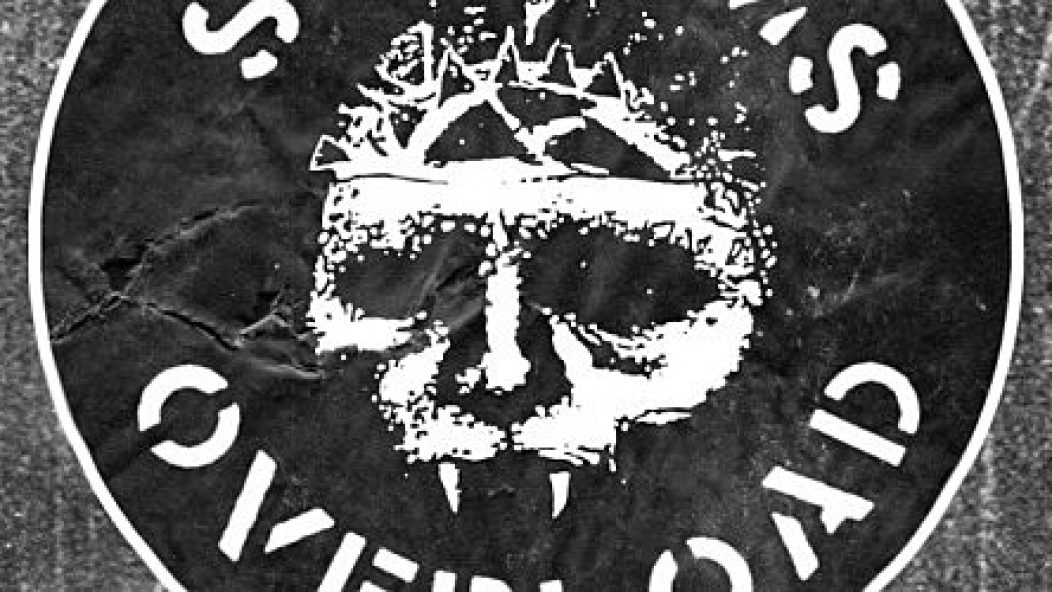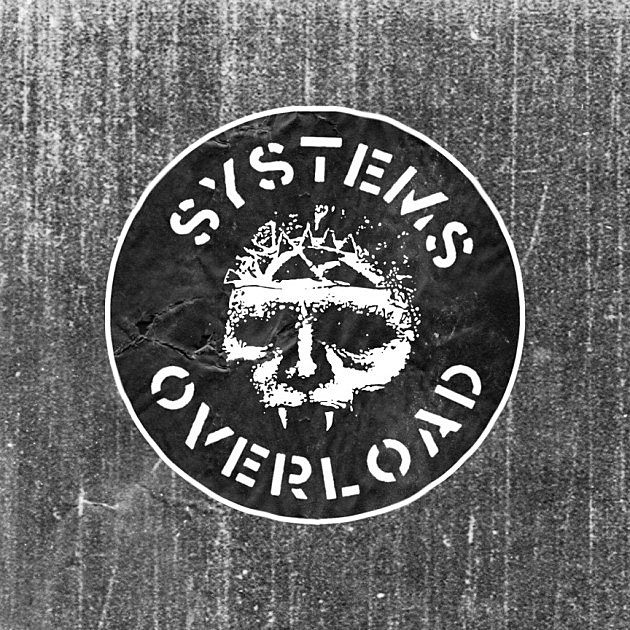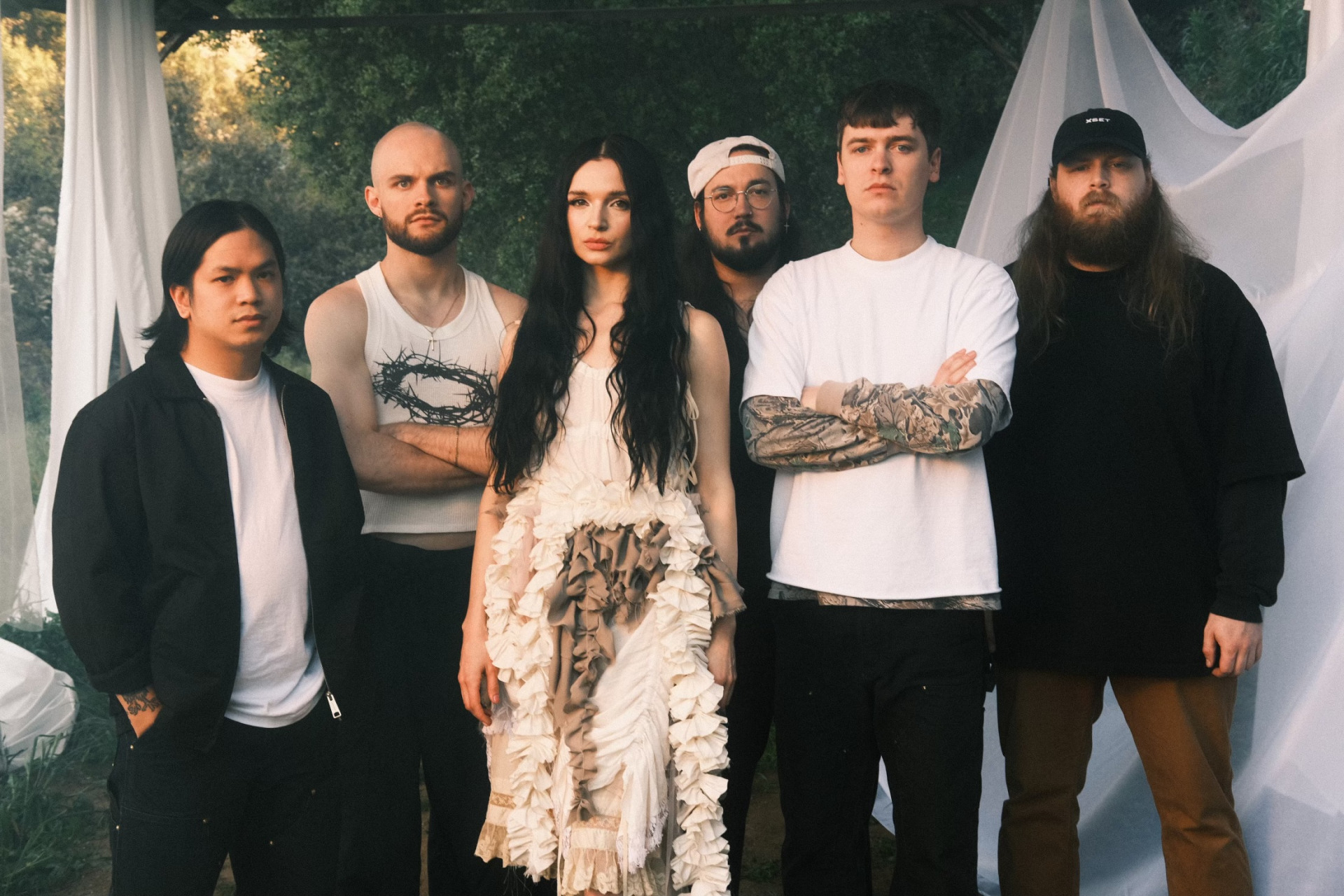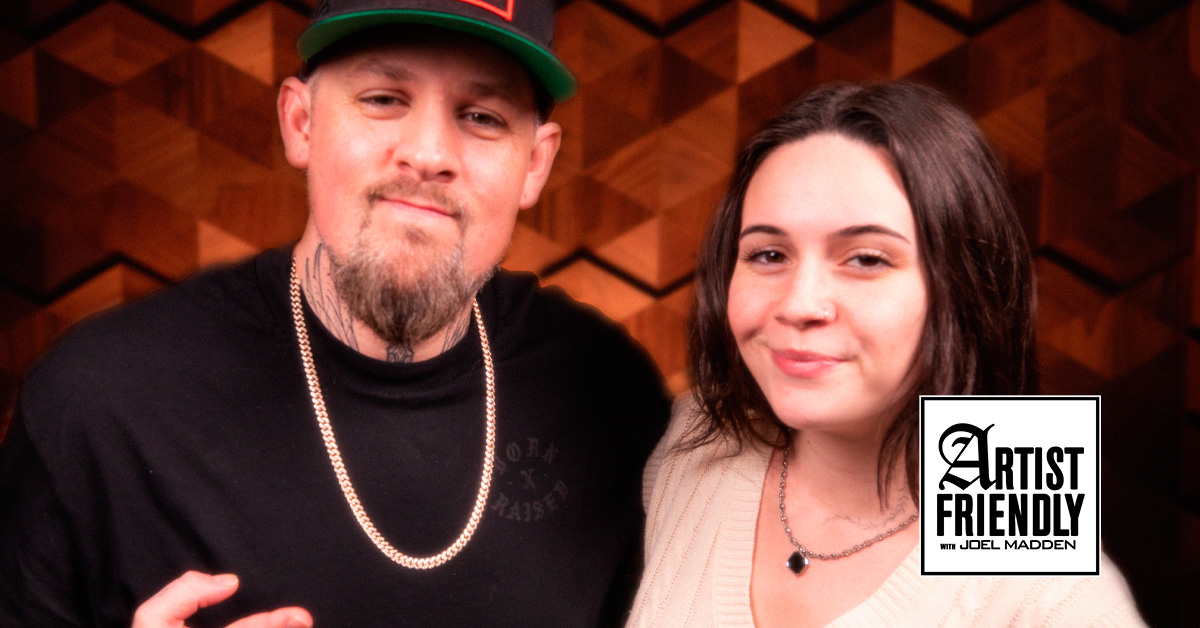
Interview: Integrity

…
…
Almost twenty years after its release, Integrity’s iconic 1995 album Systems Overload received its proper due last year. Former guitarist Aaron Melnick and current guitarist Robert Orr reworked the album’s original masters to ensure that the it finally saw the rawer, less polished treatment the band originally wanted for it. As a kind of nod to the album’s remix and re-release, the Systems Overload lineup, consisting of Dwid Hellion (vocals), Aaron Melnick (guitars), Leon Melnick (bass), Chris Smith (guitar), and Mark Konopka (drums), will be reuniting for a one-off gig at the IO co-presented A389 10th Anniversary Bash.
While band reunions, especially brief ones, can oftentimes be an exercise in nostalgia gone awry, Integrity’s approach to the show seems far less about the past and more about the present. Finally, their vision of one of the most influential hardcore records will be fully realized onstage in January. I had the opportunity to ask Dwid and Aaron (A2) a few questions about the reissue and reunion, as well as what went into originally writing Systems Overload. The Magic Bullet Records CD version of Systems Overload comes out on November 29.
…
Obviously there’s a huge amount of anticipation for you guys headlining the A389 10th Anniversary Bash, especially given the fact that it’s the Systems Overload lineup playing together for the first time in twenty years. You’ve all had experiences and evolved as musicians and artists since then. Will tapping into that same consciousness that went into Systems come from a different place now, or will it simply be a matter of familiarity?
DH: We just recorded a new 7” for A389 with the Systems lineup, and it sounds like it could have been from that era. It may have been 20 years since those guys have played with Integrity, but they certainly have not lost their touch. The A389 10th anniversary bash will be a good time.
A2: Yeah, it was cool to work with the old crew and Robb for this release. For me, the Integ songs come naturally and I enjoy playing them.
What was the creative process like for you guys with Systems Overload? Was there a specific mindset or goal you guys had when you initially began writing the songs.
DH: At that time, we had just undergone one of our many band metamorphoses. Our first album, Those Who Fear Tomorrow, was initially met with great opposition from the underground music scene. Critics declared it was a virus that would “ruin hardcore.” If the rumors are true that we had unknowingly helped create the genre known as metalcore, our critics may have experienced a momentary spell of clairvoyance. A year after TWFT was released, the critics changed their opinion, and as is common in human nature, they began to love that which they once despised. So, in turn, we changed our formula. We did not want to pander to expectations. We preferred to agitate the complacent. And this contempt helped to give life to what would become Systems Overload.
A2: We kind of went more towards ’80s hardcore for Systems. I personally still listened to a lot of metal, but I was getting into a lot of foreign and old American hardcore. You know, not your typical youth crew stuff.
Last year saw the repressing of Systems Overload. A kind of labor of love for you guys, given the fact that for all these years, the record wasn’t being heard the way you’d intended. With that in mind, do you see that kind of artistic freedom or autonomy as something that’s indicative of how music is created, marketed, sold, and produced today?
DH: It was originally planned as a Record Store Day exclusive release. The reaction to the remix was a bit overwhelming for the label, so they decided to repress the album so that the people who missed out on RSD could acquire a copy.
A2: It was cool to hear different aspects of the recording. Instead of the kind of heavy dark amorphous recording, we went for more of a clear crunchy sound.
Was this essentially the perfect time to make the record exactly the way you wanted?
DH: Technology has allowed us to be able to do some remarkable things nowadays that were never possible in the late 1980s and early 1990s. It’s a liberating feeling to be able to record and create without any interference from outsiders.
A2: Nothing will ever be exactly what a musician wants to hear in their own songs, but it is a good stab.
You’ve got a label like A389 celebrating its ten year anniversary, and it’s interesting to think about how much has changed in the realm of music in that timeframe, especially with regards to independent music. What changes, good and bad, have you guys seen within heavy music from when Integrity first formed or from when you each joined?
DH: In general, the ability to listen to music before you decide to purchase it has raised the bar. I think that is a positive result of our modern technology within the music community.
A2: Well, things seem a lot more separate, with separate scenes for all these different types of music, but I guess that had already started in the late ’80s. I think it is cool that everyone can record more easily with computers, but at the same time, I usually prefer the sound of 2-inch analogue tape. Of course, the internet is great for finding out about music. When I was a kid, it was much harder to procure music. Now you can just go to YouTube and type in anything.
How did the reunion come about for you guys? Was this something you’d had in the back of your mind as the anniversary approached?
DH: Dom from A389 is a very persistent character. He had been trying to put something like this together since the late 1990s. After more than a decade of his pestering, we finally gave in, just to shut him up! (laughs)
A2: Yeah, Dom has asked us for a long time so we are finally doing it.
What have been your respective journeys as musicians? What initially drew you in as young fans or musicians to the fact that this was something you felt compelled to do?
DH: I have always enjoyed creating. In my late teens, everyone that I knew started playing music and I was dragged into the stream along with them. It’s been a wild ride.
A2: I love all types of music. I make different types of music, but for some reason I am better at making powerful (heavy or fast) music. Most of our friends as kids made music and the DIY aspect of hardcore has always been something that makes it accessible to many different people from all over the world.
What’s the story behind how you all met for this particular lineup of Integrity back in the late ’80s?
DH: I was an occasional roadie for a friend’s band, and at one show they also invited Aaron to roadie. We discovered that we had a passion for many of the same bands. And these bands were from a wide spectrum of genres, so it was uncommon to find someone with a diverse taste in music. Our first band was called Die Hard, and that ended rather quickly. Then Integrity began. Len is Aaron’s younger brother and he has always had a knack for being able to pick up any talent that he comes across. Chris played in a band called False Hope, and Mark played in Outface before joining Integrity.
I’m curious as to what you guys see as the biggest detriment to music, not just heavy music, in our present day culture. Is it something that’s sort of always been there only in a different form than it is now?
DH: I honestly do not care about how the music business is portrayed or mishandled. I make music for my own selfish reasons and the bands that I listen to, and enjoy, are not affected by the current popular trends or the music business and its endless corruption.
A2: The music industry is the biggest detriment to music. Big labels just want to sell units and make money, they don’t care about the music.
…










